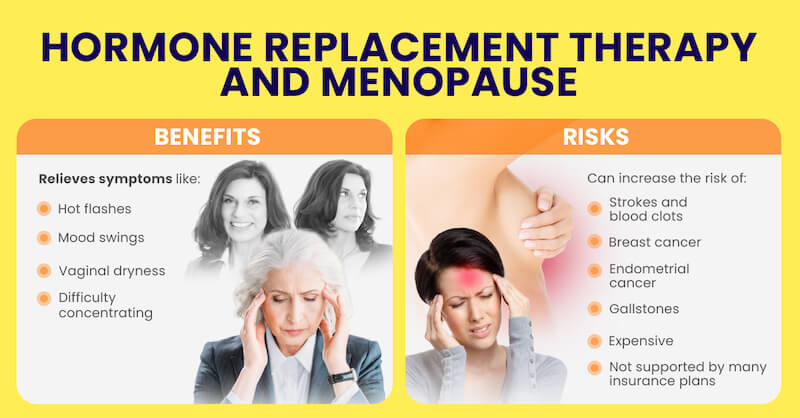If you experience a sudden onset of fibromyalgia symptoms after 40, you could be experiencing hormonal changes in your body:
- Pain and stiffness all over the body.
- Fatigue and tiredness.
- Depression and anxiety.
- Sleep problems.
- Problems with thinking, memory, and concentration.
- Headaches, including migraines.
These are the hallmarks of fibromyalgia, but it’s also commonly observed among women over 40 due to perimenopause and menopause and it’s not uncommon for women to be diagnosed with fibromyalgia, only to find out that they have been experiencing “the change”.
In fact, two medical studies found strong association between fibromyalgia and menopause.
The first study saw a significant increase in fibromyalgia symptoms among women who just entered menopause.3
The second study published by the North American Menopause Society (NAMS) found that pain sensitivities in women increase during menopause. They believe that mood changes and poorer sleep quality likely amplify the symptoms and lower pain tolerance4.
It is also not uncommon to hear of women who are diagnosed with fibromyalgia, but their condition improves after undergoing menopause treatment.
Here is one story submitted by a reader about her fibromyalgia diagnosis:
“I was given a diagnosis in 2018 of Fibromyalgia and put on many different anti-depressants, none of which ever really helped, but kept my ”mental state” numb. I had to reduce my work hours, I lost confidence in myself and the anxiety at times had me house bound and unable to work. I rang the Dr’s for an appointment and asked to speak to a Dr that specializes in women’s health as I wanted to discuss menopause symptoms. She thankfully listened and she also said my Fibromyalgia diagnosis could be wrong as the symptoms do overlap. After taking menopause supplements, my fibromyalgia symptoms have gone, so I do wonder if I was misdiagnosed with that.”




















